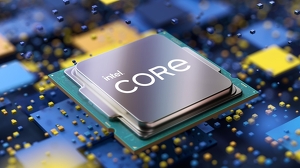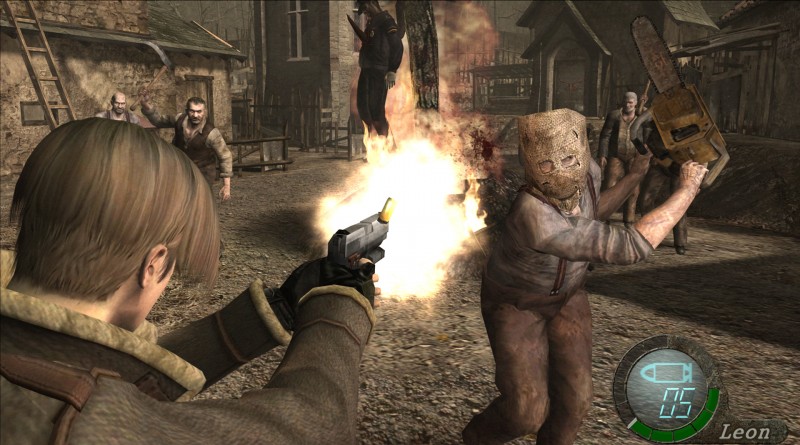

It's finally here – Intel's 11th-generation of desktop CPUs. Codenamed Rocket Lake S, these chips aim to re-take the gaming performance crown from AMD, whose recently released Ryzen 5000 processors showed incredible gen-on-gen gains. Intel is making similar claims, touting up to a 19 per cent improvement to single core speeds, but does 11th-gen deliver? To answer this, we've been testing the flagship Core i9 11900K (£/$) and mid-range Core i5 11600K (£/$) frantically for the past week, in a new suite of recent games that can trip up even flagship CPUs.
Before we get into the results, let's take a moment to ponder exactly how Intel are able to make these bold performance claims. As we established in our 11th-gen desktop processors article, these chips use Intel's familiar 14nm process – one that's formed the basis of their desktop CPUs since their Broadwell fifth-generation Core processors in 2015. Since then, Intel has optimised the heck out of this particular lithography, and this time they're doing so by 'back-porting' features from their new 10nm laptop chips. This is cheaper, from a research and development standpoint, than moving to a whole new process, but it still involves a gargantuan effort from the engineering team.
To shore up their offering, Intel has also debuted a few new features with its 11th-gen chips. One that we're most excited by is called Adaptive Boost Technology (ABT), which aims to push clock speeds higher as long as the CPU isn't hitting a limit of some kind, such as power or thermals. AMD's Ryzen chips operate under a similar principle, allowing them to wring out some extra performance under good cooling solutions, and there's no reason that Intel's take on the idea wouldn't have similarly good results. Unfortunately, this ABT feature is only available on the most expensive Core i9 11900K and Core i9 11900KF chips, rather than being a feature of the lineup in general, but it's still a nice inclusion that deserves some additional testing – look for that on page five of this review.




